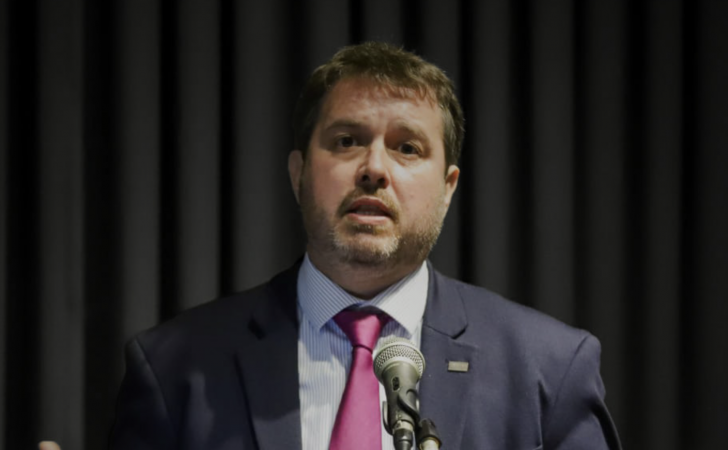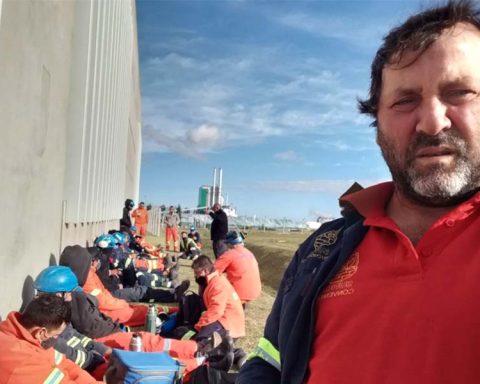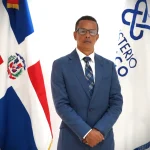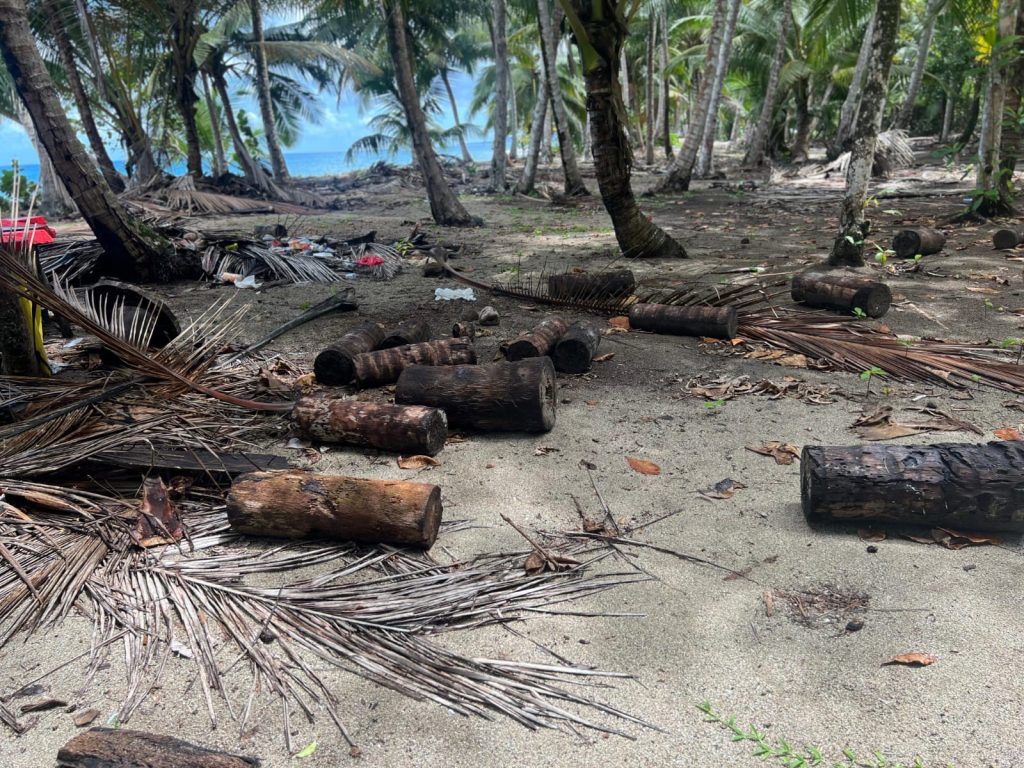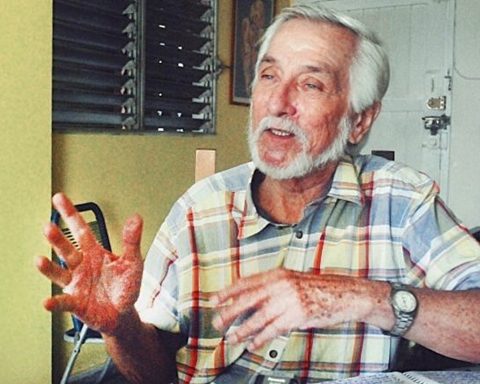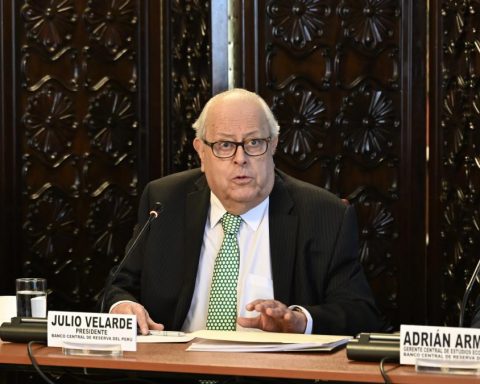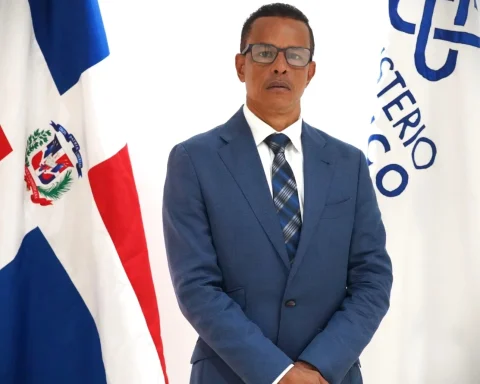
At LARED21, we spoke with some of the organizers of this event to delve deeper into the objectives and scope of this diploma, and how it can impact various sectors. Below, we present an exclusive interview with three key representatives of the initiative: Dr. Lisandro Martínez Gorostiaga, founder and president of the Consilior Foundation; Ps. Marcelo Luis Dobry, institutional planning advisor for the Foundation; and Ps. María Laura Ugolini, head of Administration and Human Resources for the same entity.
A Commitment to Transparency and Regulatory Compliance
LARED21: Dr. Martínez Gorostiaga, what is the main focus of the diploma and what relevance does it have in the current context?
Dr. Lisandro Martinez Gorostiaga: The course modules address international standards in the prevention of money laundering, terrorist financing and prevention of the proliferation of weapons of mass destruction, as well as compliance. Compliance, in this context, is comprehensive; it is a set of norms and standards that also cover the prevention of corruption, fraud and poor labour practices.
Our aim is to provide participants with the tools to comply with local regulations, in this case applicable to Argentina, Uruguay and Paraguay. These regulations are aligned with international standards, allowing professionals to acquire knowledge applicable to any country in the region. In addition, compliance functions as a horizontal control, where companies and financial institutions demand integrity standards that are replicated throughout the value chain.
LARED21: In concrete terms, how is this approach implemented in companies?
Dr. Martinez Gorostiaga: A crucial aspect of compliance is that it establishes collaborative protocols. For example, if a bank interacts with a commercial company, the bank demands certain integrity standards from the company, and vice versa. This creates a system of cross-control that ensures that all actors involved comply with the necessary regulations to prevent acts of corruption or the use of illicit funds. This control is especially important in sectors such as finance, but it also applies to areas such as law, accounting, and any area that handles funds of dubious origin.
The Need for Specialized Knowledge
LARED21: Ps. Dobry, why is it so important for companies and organizations to be trained in money laundering prevention?
Ps. Marcelo Luis Dobry:In the current context, it is essential that organizations, whether public or private, have the knowledge to identify and prevent the use of money from illicit sources. There is no organization that is not concerned about this issue, especially in Latin America, where the sums of money involved in illegal operations are significant. State officials, especially those who handle contracts and financial negotiations, are a key group that must be prepared to prevent spurious business.
This course is not only aimed at public officials, but also at employees of private companies, managers, and anyone interested in understanding how to prevent corruption in their workplace. The prevention of money laundering is a cross-cutting issue that affects all organizations, regardless of their sector.
LARED21: Are there specific sectors where this training is more relevant?
Ps. Dobry: Without a doubt, sectors such as banking, health insurance companies, and any area that handles large amounts of money are especially vulnerable. The purchase of medicines, health service contracts, and other areas where a lot of money moves are often prone to over- and under-invoicing, which facilitates acts of corruption. Training in these areas is essential to ensure that the funds entering organizations are legal and correctly managed.
Expanding the Reach of Prevention
LARED21Ps. Ugolini, how does the diploma address prevention in specific sectors such as health or hospitality, as your colleague mentioned?
Ps. Maria Laura Ugolini: The diploma teaches how to detect the origin of funds that enter a company or institution, ensuring that the money comes from legal activities. This is especially relevant in sectors such as health, where mutual insurance companies and hospitals handle large amounts of money through the purchase of services and medicines. However, this knowledge is not limited to health; it is also applicable to sectors such as the hotel industry, where money laundering through apparently legal businesses is common.
A clear example of this is the case of Cristina Kirchner, who was accused of allegedly laundering money through a hotel in southern Argentina. This type of situation shows the importance of having control mechanisms and protocols that allow these acts to be identified and prevented. For this reason, the diploma course focuses on training both professionals in the legal and accounting sector as well as those who work directly in the administration of companies.
A Diploma with Regional and International Reach
LARED21: Dr. Martínez Gorostiaga, what distinguishes this diploma from other training courses in the area of money laundering prevention?
Dr. Martinez Gorostiaga: What makes this diploma unique is its international focus and its integration of standards from various countries. In this first edition, the course is aimed at Argentina, Uruguay and Paraguay, but the knowledge acquired is applicable in any country in the region. In addition, we have the support of renowned universities in these countries, such as the University of San Ignacio Loyola in Paraguay and the Catholic University of Argentina. This guarantees that graduates receive an internationally recognized diploma, with the seal of these academic institutions.
Another distinctive feature is the flexibility of the course, which combines synchronous and asynchronous sessions, allowing participants to adapt their learning at their own pace. This is essential for professionals who are already active in their fields and are looking to complement their training without interrupting their work responsibilities.
LARED21: What is the duration of the diploma and what type of certification will participants receive?
Dr. Martinez Gorostiaga: The course begins on September 17 and runs until December 17, with a total duration of 80 hours. Upon completion, participants will receive a diploma certifying their training in prevention of money laundering, financing of terrorism and weapons of mass destruction, and compliance. This diploma will be endorsed by the participating universities and by the Consilior Foundation, which grants it international recognition.
A Direct Impact on Society
The diploma in prevention of money laundering and terrorist financing is not only designed to train professionals in the identification and prevention of illicit acts, but also seeks to generate a positive impact on society. By promoting compliance with international regulations and standards, this training contributes to the construction of a more transparent and fair financial and business system.
The webinar on Friday, September 13 at 3:00 p.m. will be a unique opportunity to learn more about this diploma course, which will begin on September 17, and how it can help professionals from various sectors strengthen their skills in compliance and prevention of financial crimes. With a practical approach and an international vision, this training promises to be an important step towards a safer and more transparent future for organizations in the region.
For more information go to the following link:
//docs.google.com/forms/d/11lqCJtSQzm3WTSqkIaeXrc_fQeQ4dJvgPZ7nH4nDcik/viewform?edit_requested=true&pli=1
